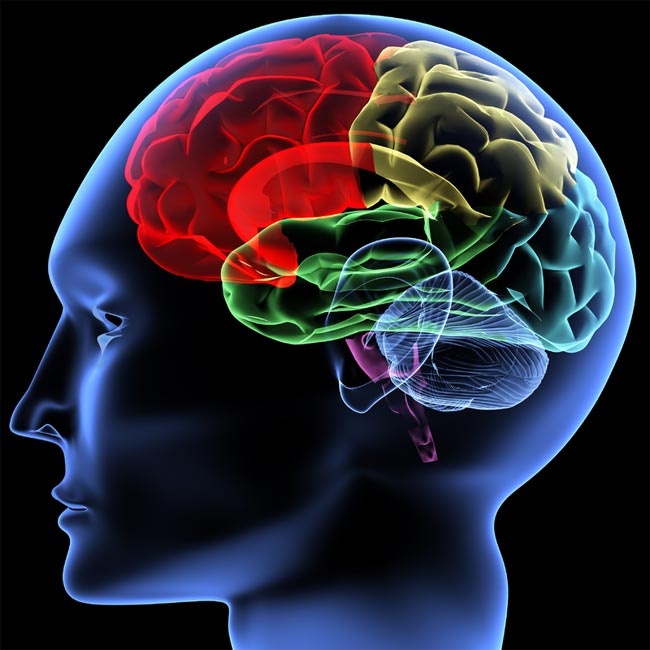Human Mind 'Time Travels' When Pondering Movement

Just thinking about moving through space can make your mind wander in time as well, scientists now find.
The ability to mentally meander through time by remembering the past or imagining the future sets humans apart from many other species, helping us to learn from what came before and plan for what lies ahead. However, remarkably little is known about how such mental time travel works.
Past research showed that our perceptions of time are tightly linked with space. For instance, pondering the future makes us lean forward, while recalling the past makes us lean back, experimental psychologist Lynden Miles of the University of Aberdeen in Scotland and his colleagues found.
Now Miles and his collaborators have discovered another interesting feat of the mind: Thinking about moving forward prompted speculation about the future, while imagining moving backward triggered reflections on the past.
The researchers had 26 college students look at a video display showing roughly 1,000 white dots on a black screen. This field of stars appeared to move either toward or away from the volunteers, fostering the illusion of forward or backward motion.
Every three seconds, the students had to either click a button whenever they saw a large white O in the center of the screen or withhold from clicking when they saw a large white X there. This chore was intentionally dull to encourage daydreaming.
Afterward, the scientists quizzed the volunteers as to what they were thinking about to see whether they mentally traveled into the past or future. They found the direction of movement significantly influenced the way their minds wandered.
Get the world’s most fascinating discoveries delivered straight to your inbox.
"We tend to think of our conscious thoughts as being something we have a reasonable degree of intentional control over," Miles told LiveScience. "However, our study has shown that mere exposure to a pattern of moving dots can play a role in guiding or directing our thoughts. This highlights the importance of taking into consideration the interplay between the individual and their environment."
These findings suggest the way the mind is capable of comprehending abstract concepts, such as things we typically can't see or touch, by rooting them in more concrete domains, such as locations in space.
"In this way, thinking about time may also activate parts of the brain responsible for spatial processing, including the movement system," Miles noted.
Although mental time travel seems innate to humans, intriguingly the directions people think of in relationship to time might be learned. In some cultures, such as speakers of Aymara, a Native American language of the Andes, the future is described as being behind them while the past is in front — the idea being that which is known is located in front where one can see it, while unknown events are out of view.
Along with potential studies of the Aymara, future research could explore the relationship between time and space in the mind in more detail.
"For instance, does projecting yourself into the distant future also involve traveling a greater distance through space?" Miles conjectured. "Similarly, do children show different patterns than, for example, the elderly?"
Miles, along with colleagues Kasia Karpinska, Joanne Lumsden and Neil Macrae, detailed their findings online May 25 in the journal PLoS ONE.
- Top 10 Unexplained Phenomena
- Top 10 Mysteries of the Mind
- Video – Can You Time Travel?



